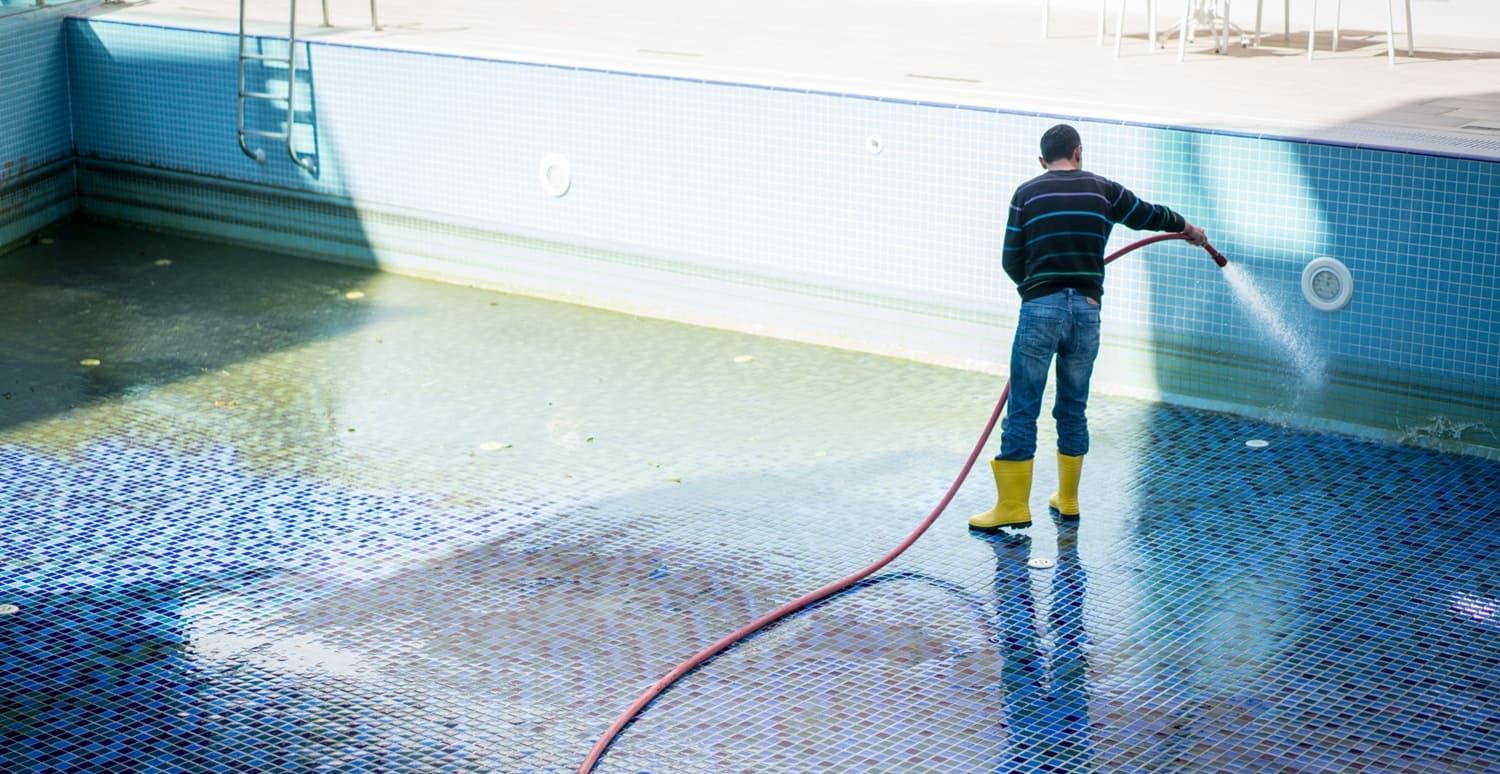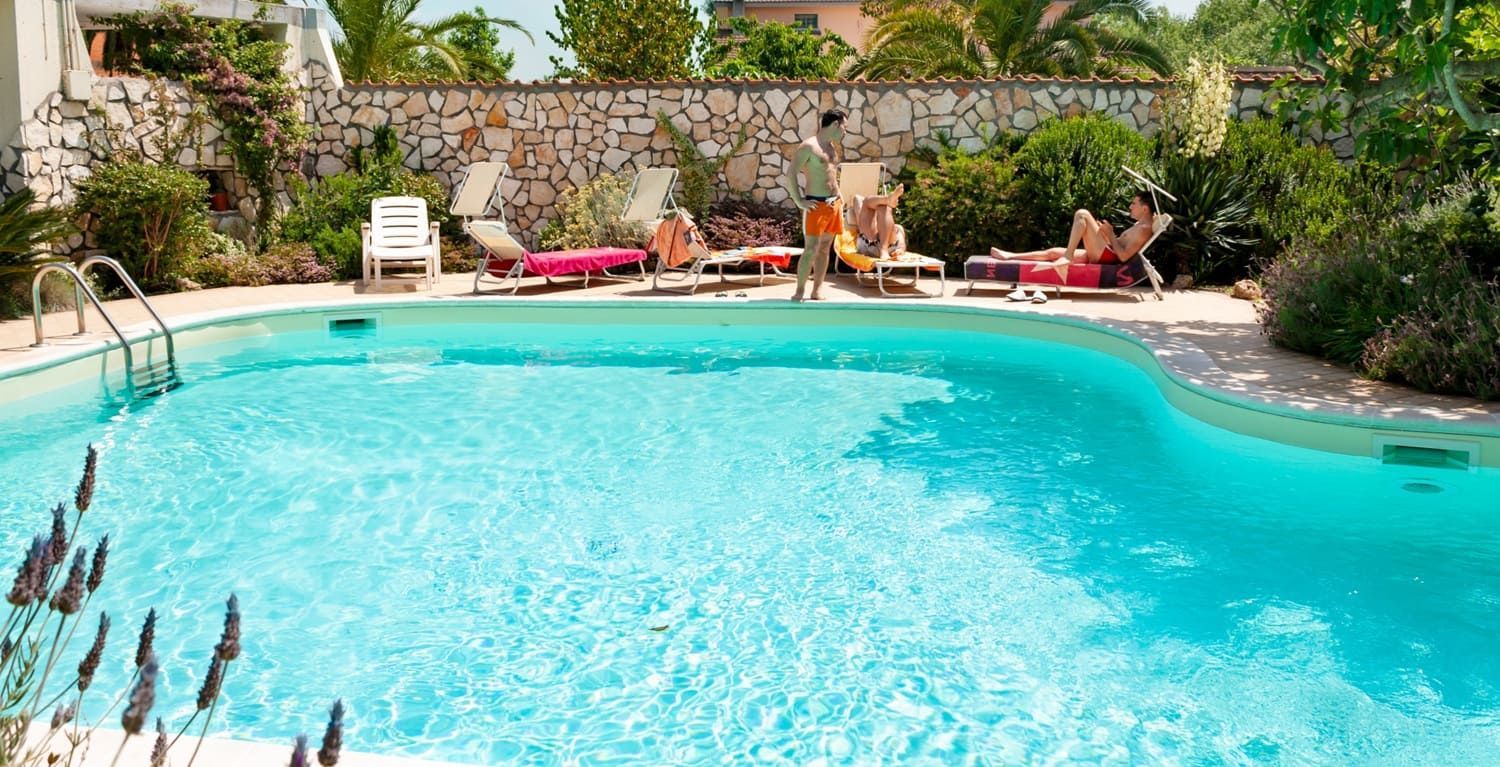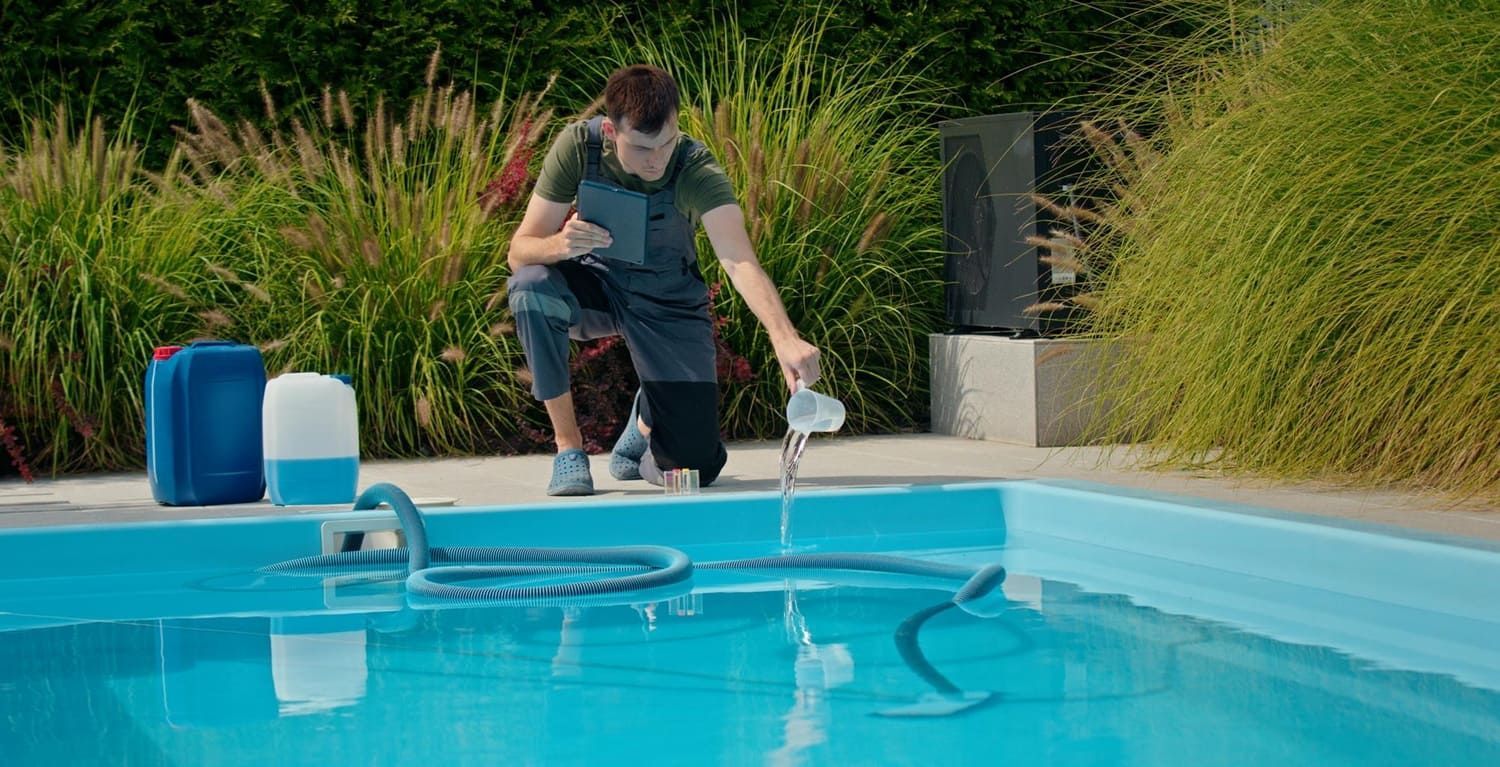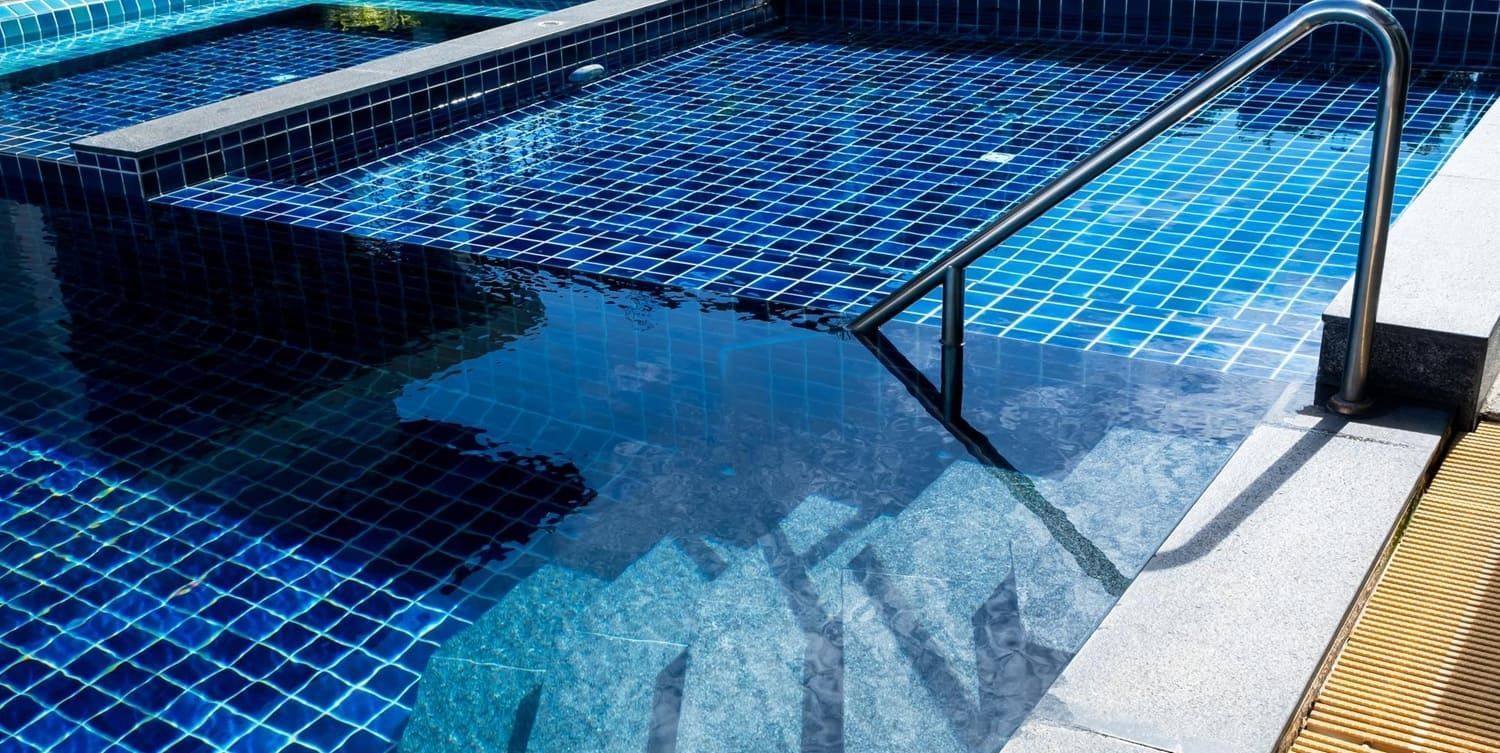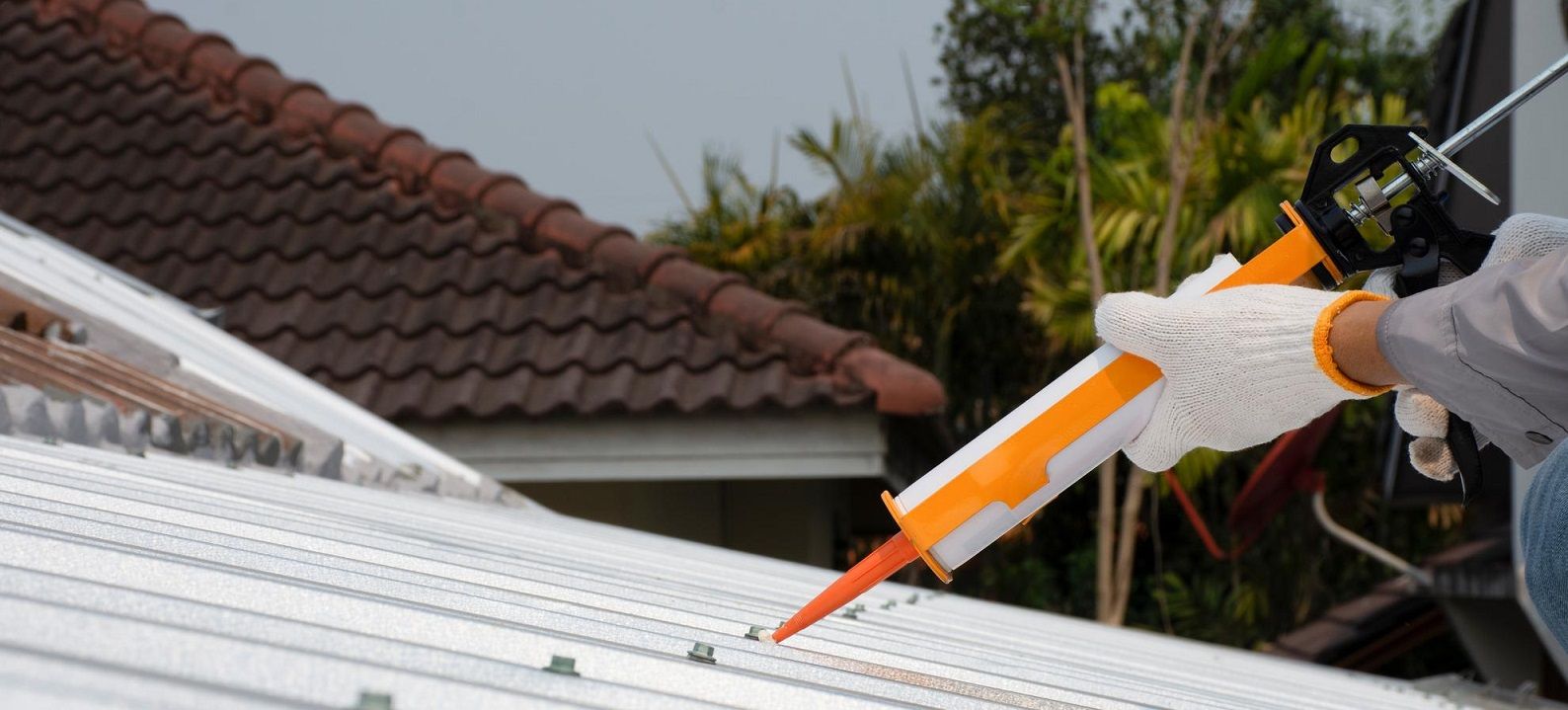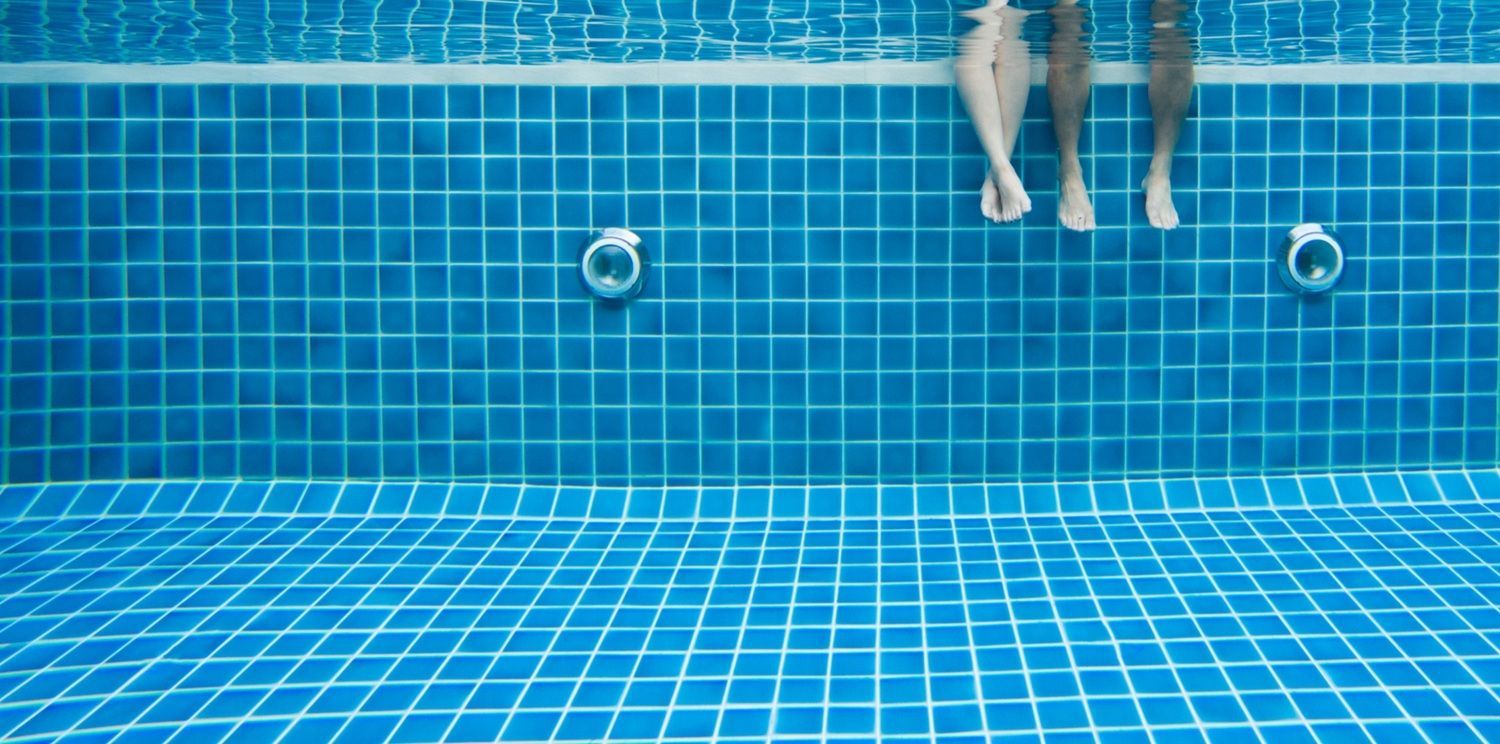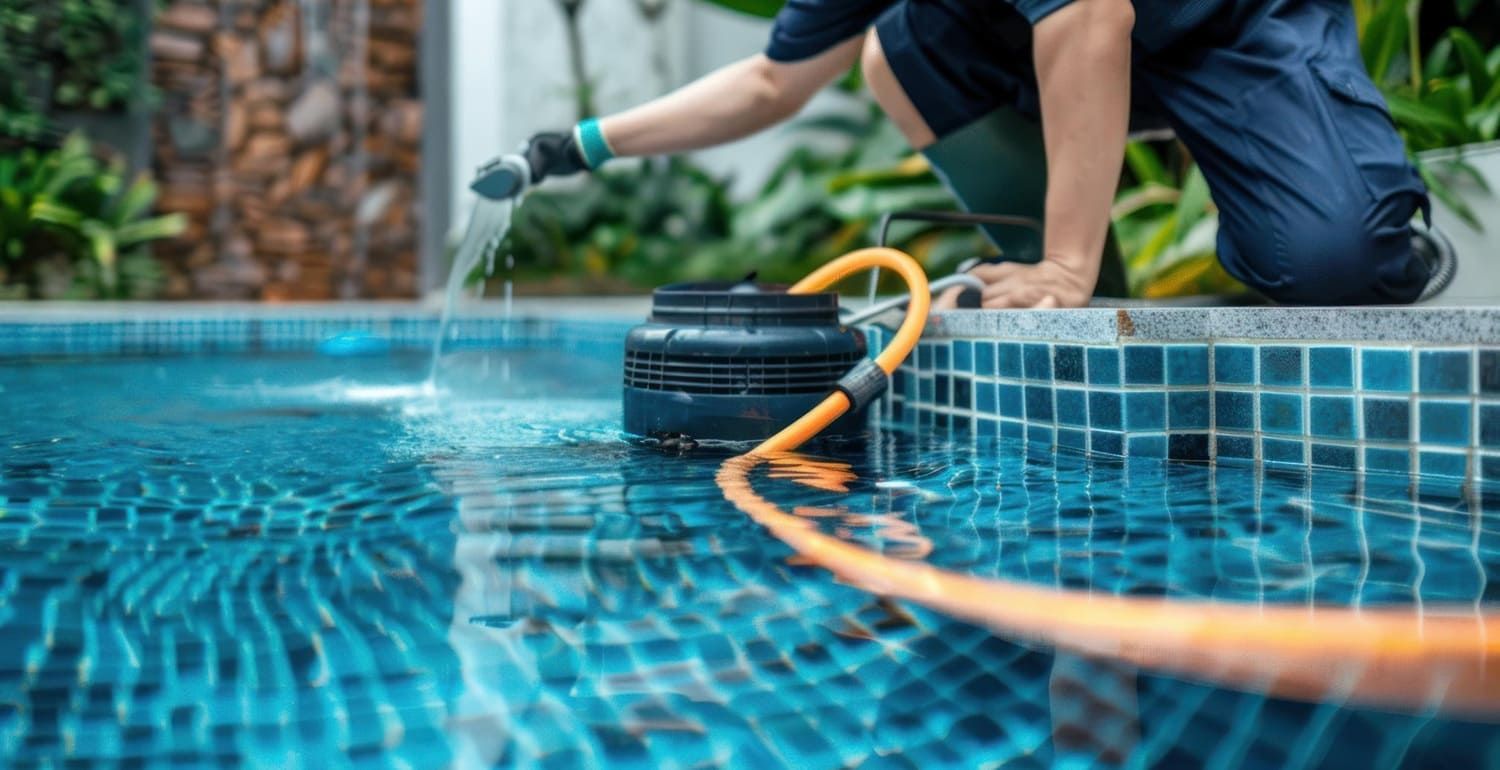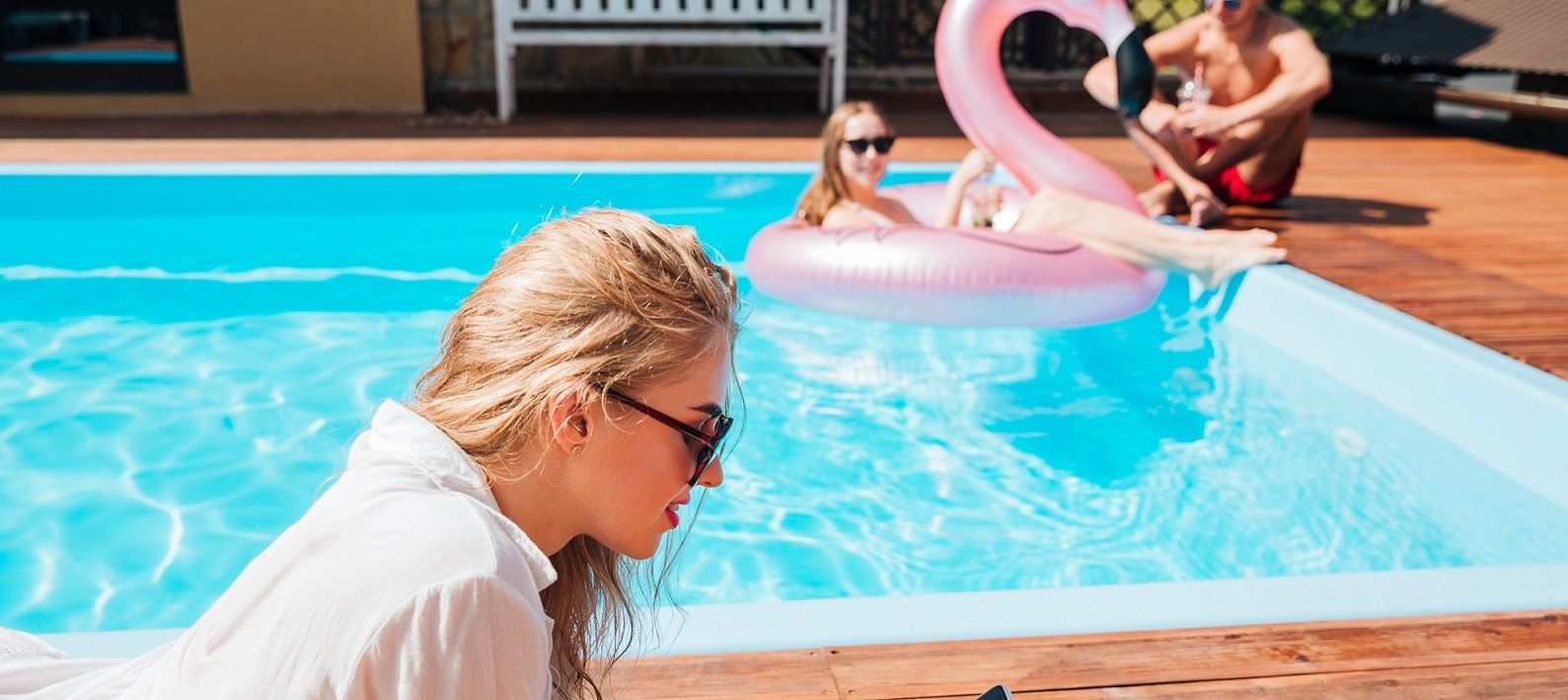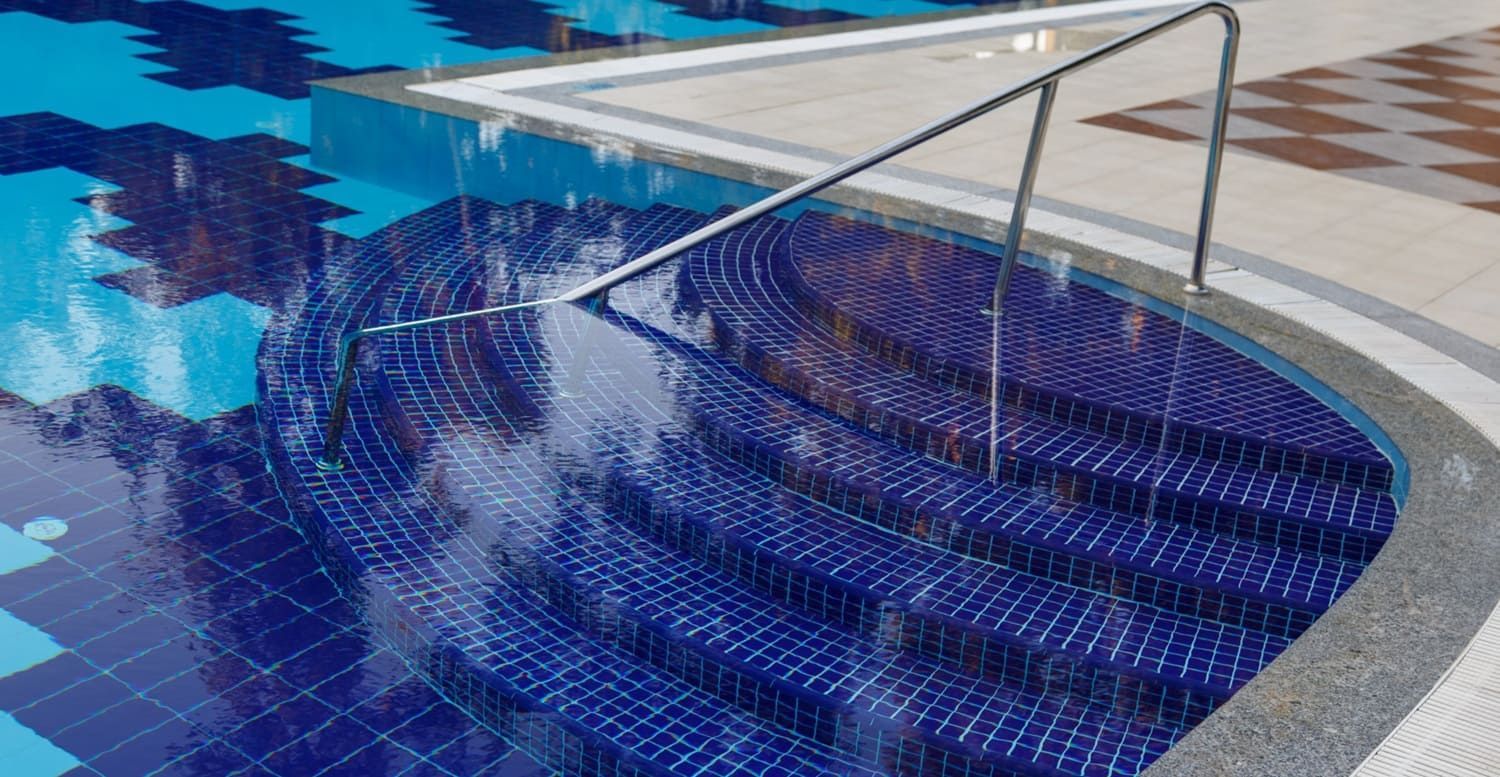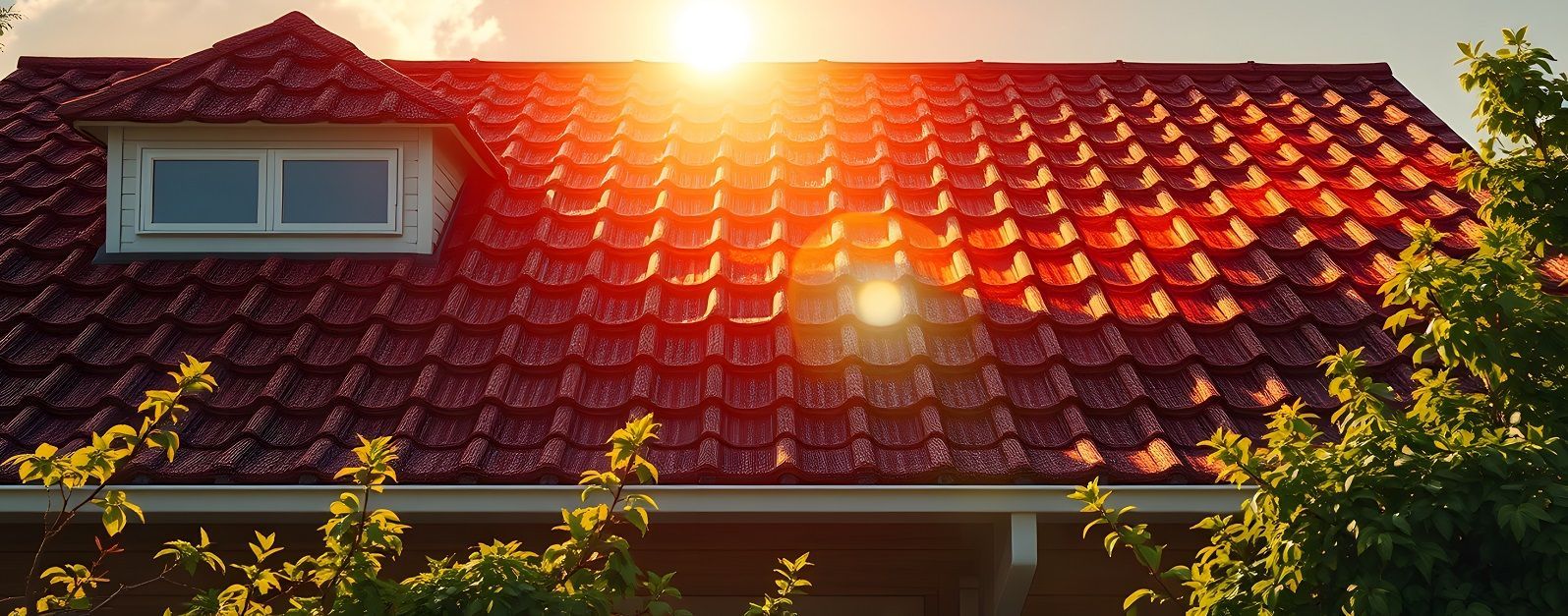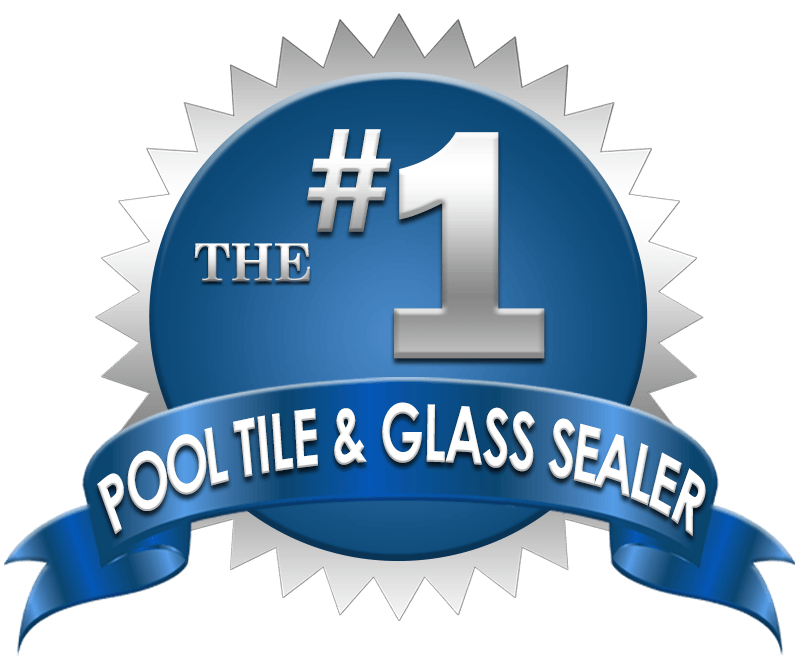Calcium Hardness: How to Ensure the Right Balance for Your Pool
LayorCare Blogger • October 2, 2019
Maintaining the right calcium hardness is crucial for keeping your pool in tip-top condition. Learn more about how to find the right balance for your pool.
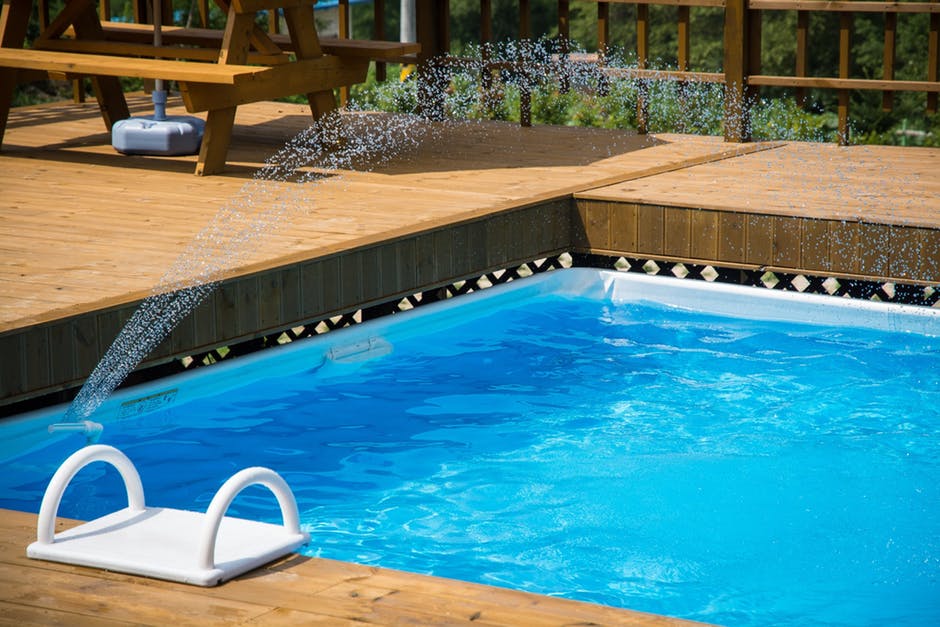
80% of public pools
violate at least one health or safety code. Imagine then how many private pools are not kept in good condition. If you own a pool, you know it can be difficult to keep it clean and balanced.
Among the different pool levels you need to maintain, you can't ignore calcium hardness. Calcium hardness details how much calcium is present in your pool water. It may come as a surprise, but calcium plays an important balancing role.
Failure to keep water hardness in check can cause permanent damage to your pool. You could be looking at repairs worth hundreds or thousands of dollars.
So, what's the secret to maintaining pool water hardness? Thankfully, it's not a mystery. Let's take a better look at balancing the calcium hardness in your pool.
1. Testing Calcium Hardness in Pool Water
You should already take regular pool water readings every week. If not, you're making one of many pool maintenance mistakes. Water hardness changes more slowly, so you can get away with testing once a month.
Some areas have water with very high or low calcium content. Even small changes can bring the calcium content to unsuitable levels. If you live in an area with soft or hard water, you should take tests on a more regular basis.
You should also test your crucial water levels following a downpour or heavy use, as these can affect your water chemistry.
So how do you test water hardness anyway?
Hardness test strips are available. After holding the strip in the pool for a quarter of a minute, you'll have a rough approximation of the calcium content in your water. However, test strips are an outdated form of testing.
Instead, you should purchase a liquid water hardness kit. Since some of these kits require different testing methods, refer to the instructions in your kit.
2. Balancing Pool Calcium Hardness
Your calcium hardness should sit between 200 ppm and 400 ppm. There is, however, some wiggle room on the lower end of the scale. But to be safe, always adjust the water hardness once your calcium concentration falls below 150 ppm.
To keep everything balanced in your pool, be sure it's thoroughly cleaned. Brush the tiles and wash out the filter. Otherwise, these contaminants will alter your pool's water chemistry.
Once you've refilled your pool, balance your essential chemicals
first. pH and alkalinity always come before calcium adjustments. That's because they will ultimately change the calcium content.
Now it's time to take out your liquid test kit. Get an accurate calcium reading. If your calcium content is too high or too low, you'll need to make some adjustments.
3. Low Pool Water Hardness
If your pool water is below 150 ppm, you need to add more calcium. At this point, your water will appear clear and sparkling. But its appearance is deceptive.
In this state, the water isn't at a safe level. In fact, it's corrosive. The pool water will leach calcium from your pool's tiles, concrete, plaster, or anything else it comes in contact with.
This can cause severe and devastating damage to the health of your pool. For example, etching will take place, leaving splotches and scars on your pool's masonry. And sadly, it's not an easy or inexpensive fix.
And this isn't the worst of it. Low calcium levels will ruin your pool's alkalinity. This will, in turn, corrode metal items. Your pool's railing and mechanical parts could become damaged.
Thankfully, it's easier to raise water hardness than lower it. Seek out a calcium hardness increaser. It sounds fancy, but this is usually a bucket of calcium chloride.
Follow the directions and add the appropriate amount of calcium to get your water hardness back to safe levels.
4. High Pool Water Hardness
Although testing is a good idea, high calcium hardness is easier to diagnose. Above 400 ppm, pool water becomes murky, milky, and cloudy. That's because the water is saturated, so additional calcium precipitates out of the mix.
Calcium precipitation leads to a process known as scaling. The calcium won't linger in the water forever. It'll coat and cling to everything it touches over time.
This leads to tiles and masonry with white calcium deposits. If you run a hand over the walls of the pool, you'll be able to fill the grit. But scaling causes more than cosmetic damage.
Calcium will also build up in pipes, tubing, and important pool machinery. Everything in your pool will work less efficiently. Not to mention, they'll have to work harder, too.
In short, your pool appliances will suffer from a decreased lifespan.
You have two good options to lower the pool water hardness. The first is to drain and replace a portion of your pool water. It'll require you to rebalance everything, and it isn't the best choice if your local area has hard water.
A flocculant also gets the job done. It'll clear your water and cause the calcium to solidify and precipitate out. Of course, you'll have to clean it up by hand afterward.
Remove Calcium Deposits in Your Pool
Does your pool experience high calcium hardness? You'll be left with a mess even after rebalancing the water. Calcium deposits are stubborn, unsightly, and sometimes damaging.
Even the best pool owners may have trouble controlling calcium content. This is especially true when they live in an area with hard water.
However, removing calcium deposits is easier than you might think. Our heavy calcium releaser
chews through calcium to keep your pool looking its best. You can also try our sealant products to protect against mineral buildup.







